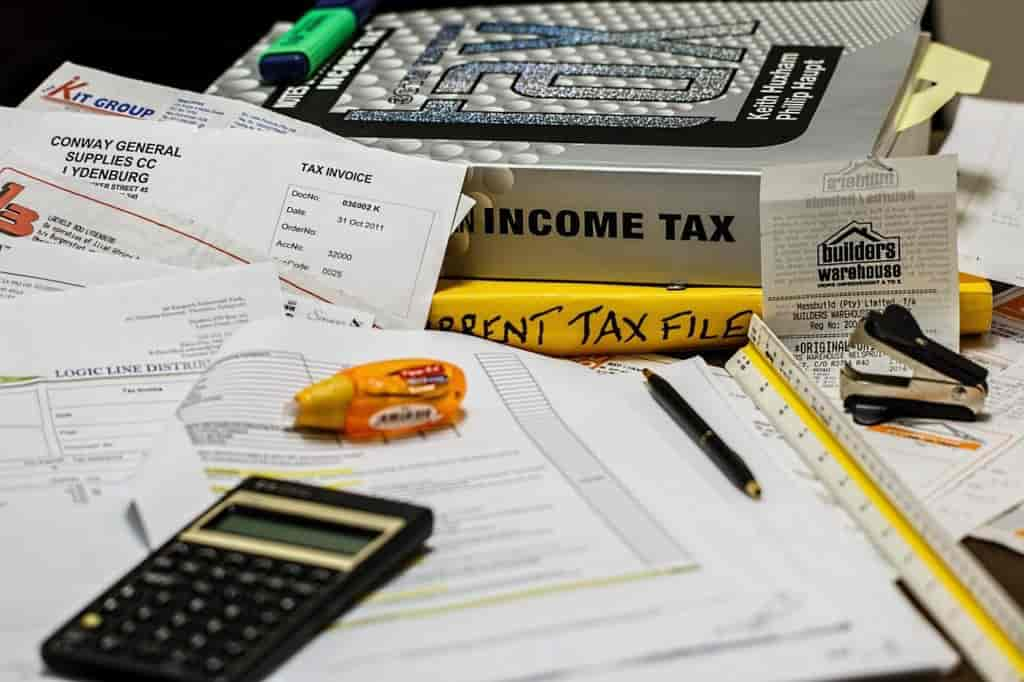If you have a fledgling nonprofit, you might wonder how some nonprofits can learn about a grant the week before it’s due and still put together a successful application in time?
You know EXACTLY who I’m talking about…
They’re always getting new grants. They submit grant applications without seeming to have put that much work in or scrambling to get all of their budgets and documentation together. Who are these people?!
You might think they must be spending thousands on a consultant or working on that grant day and night for the entire week (or two or three).
Well, what if that actually wasn’t the case?
What if those grant materials were on your computer and at the ready for any new grant opportunity that came your way?
By preparing your organization in these three areas, you’ll be able to do just that:
- Legal registrations
- Financials
- Capacity
Legal Registrations

Most grants available are for organizations that are legally registered as nonprofits, usually 501(c)(3) nonprofits. In fact, most grant applications will require you to submit documentation that proves you are properly registered with federal and state governments not only as a business, but also as a tax exempt organization (federal) and a charitable organization (state).
What this means is that before you can apply for grants, you’ll need to complete an application for tax exempt status with the IRS and for operation as a charitable organization with your Secretary of State or state Attorney General.
It can often take months and multiple revisions of your application materials to get an IRS letter of determination of tax-exempt status, so it’s important to take this step far in advance of any grant deadlines.
I’ll be honest with you: These applications with the IRS and Secretary of State can be confusing. There’s no way that I can cover everything you’ll need to know in such a short blog post. What’s most important for you to know today is that it has to be done before applying for grants as a nonprofit. You can always call your state’s SoS or AG office for more information on the requirements where you are.
Financials

For nonprofits with all of their legal registrations in order, preparing your organization’s financials is the next major step in getting grant ready. Grantmakers want to see proof that your nonprofit is financially secure and has the skills and tools to track budget information before they’ll award a grant.
Their rationale is pretty straightforward: Grants are an investment in your cause and community. Although grantmakers don’t expect a monetary return on their investment, they do expect a return in the form of some good in the community or advancement in the field of research.
Your past years’ budgets (if you have them) and projected annual budget for the current fiscal year (and possibly the next, depending on timing) are going to demonstrate to the grantmaker your organization’s ability to deliver on your programmatic goals and to leverage their investment with other grants and donor contributions in the future.
Nonprofit financials also go way beyond budgets. They include balance sheets, profit & loss statements, and, often, audited financial statements. Usually, producing these documents, particularly the audit, require hiring an accountant.
Capacity

The last step in grant readiness that we’ll cover today is organizational capacity, or your nonprofit’s ability to carry out a grant-funded program.
Grantmakers want to see evidence of your nonprofit’s past successes and to see that you’ve carefully planned how you will execute the program you’re applying for funding for. They’ll be evaluating your organizational history, program design, board of directors, and budget, to determine whether your org has the capacity to fulfill the obligations of the grant.
Importantly, they will evaluate whether these components work together to support one another. They do that by asking whether:
- You have completed work similar to, either in scope or focus, what you’re proposing to do with this grant.
- You have an experienced staff and a well-rounded board that are competent in fulfilling the work of the grant.
- You have budgeted enough and strategically to fill any capacity gaps that you currently. You haven’t proposed to do more with the grant funding than you actually can with your budget.
- You have a smart, strategic program design.
What’s Next?
On February 4, 2021, I am hosting our third-annual Grant Readiness Intensive to guide you through each of these steps for preparing your nonprofit to apply for grants.

I’m doing this because I want you to have time live with me, asking questions specific to your nonprofit and getting answers.
When you sign up for the intensive, you’ll get to attend the 1.5 to 2-hour workshop with me and other nonprofit leaders, receive our comprehensive grant readiness workbook, organizational budget template, strategic planning workbook, and watch previous years’ intensive recordings for even more tips on preparing to apply for grants.
By the end of this intensive, you will feel more confident in your ability to take the next steps to get grant ready.
The Intensive only happens once per year, so make sure you get in there by the registration deadline of January 31, 2021.






